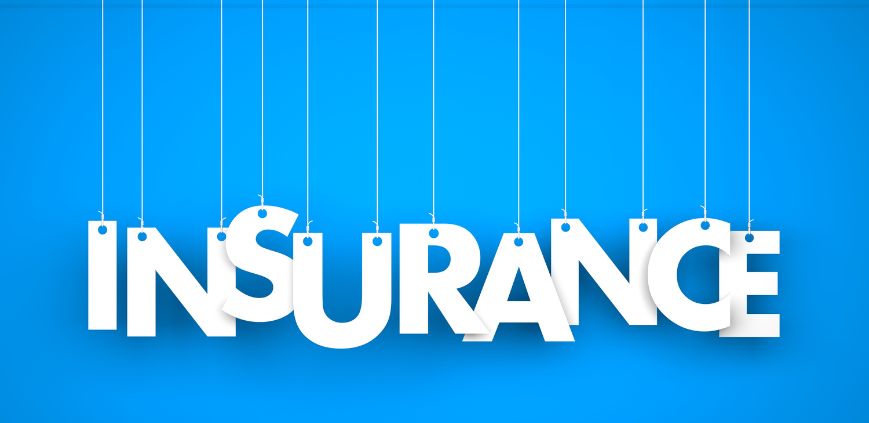What is Errors and Omissions Insurance for Businesses?
Errors and Omissions (E&O) insurance, also known as professional liability insurance, is an essential safeguard for businesses that provide professional services or advice. This type of insurance is designed to protect companies from the financial consequences of claims made by clients for inadequate work, mistakes or negligence. Below are important resources for understanding the importance of errors and omissions insurance for businesses.
What Does Errors and Omissions Insurance Cover?
E&O insurance provides coverage for a range of claims that might arise from professional services or advice provided by a business. The specifics can vary depending on the policy, but generally, it covers:
- Negligence: This includes claims arising from a failure to exercise reasonable care or skill in providing professional services. Even if the mistake was unintentional, a client could still file a lawsuit, and E&O insurance would help cover the legal costs.
- Errors or omissions: These are the mistakes or oversights made by professionals that lead to financial loss or other damages for a client. For example, a missed deadline or an incorrect recommendation could result in a claim.
- Defense costs: Legal defense can be costly, even if a claim is unfounded. E&O insurance typically covers the cost of legal defense, including attorney fees, court costs and settlements or judgments, up to the policy limit.
- Breach of contract: In some cases, E&O insurance may cover claims related to breach of contract, where a client alleges that the business did not fulfill its contractual obligations.
- Misrepresentation: If a client alleges that your business misrepresented its services or capabilities, leading to financial loss, E&O insurance can provide coverage.
- Defamation and libel: Some E&O policies also cover claims of defamation, libel or slander, particularly if your business’s advice or services are involved in such claims.
What to Look for in an Errors and Omissions Insurance Plan
When selecting an E&O insurance plan for your business, there are several factors to consider to ensure you get the coverage that best fits your needs:
- Industry-specific coverage: Different industries face different risks. Ensure the E&O policy you choose is tailored to your specific industry, whether it’s technology, real estate, healthcare or another field. Industry-specific coverage will better protect against the unique risks you may encounter.
- Policy limits: The policy limit is the maximum amount your insurance will pay out for a covered claim. Consider the size of your business and the potential scope of claims when determining the appropriate policy limit. Higher policy limits may offer more protection but will also come with higher premiums.
- Deductibles: The deductible is the amount you will have to pay out of pocket before the insurance coverage kicks in. Make sure to choose a deductible that is manageable for your business without compromising your cash flow.
- Claims-made vs. occurrence policies: E&O insurance is typically available as a claims-made policy, meaning coverage is provided only if the claim is made during the policy period. An occurrence policy, on the other hand, covers claims related to incidents that occurred during the policy period regardless of when the claim is filed. Consider which type suits your business’s needs better.
- Exclusions: Review the exclusions in the policy to understand what isn't covered. Common exclusions might include intentional wrongdoing, fraudulent acts, or criminal behavior. Knowing these exclusions helps you assess the risks that may require additional coverage.
How to Find the Right Errors and Omissions Insurance for Your Business
Finding the right E&O insurance involves a thorough assessment of your business’s risks and needs. Here’s how to approach the process:
- Assess your risk exposure: Start by identifying the specific risks your business faces. Consider the services you offer, the types of clients you work with and the potential for errors or omissions that could lead to claims. This will help you determine the level of coverage you need.
- Get multiple quotes: Don’t settle for the first insurance quote you receive. Reach out to multiple insurers to compare coverage options, policy limits, deductibles and premiums. This allows you to find the best value for your specific needs.
- Consult an insurance broker: If you’re unsure about the right coverage, consider working with an insurance broker. Brokers specialize in matching businesses with appropriate insurance policies and can help you navigate the complexities of E&O insurance.
- Review the insurer’s reputation: Choose an insurer with a strong reputation for handling claims efficiently and providing excellent customer service. Check reviews, ratings and testimonials from other businesses in your industry.
- Consider adding endorsements: Depending on your industry, you may need additional endorsements or riders to cover specific risks. For example, a technology company might require a cyber liability endorsement, while a real estate firm might need coverage for property damage.
Leading Providers of Errors and Omissions Insurance in the USA
Several insurance companies in the United States offer E&O insurance tailored to different industries. Here are some of the top providers:
- The Hartford: Known for comprehensive coverage and flexible policies, The Hartford offers customizable E&O insurance industries like technology, real estate and healthcare.
- Hiscox: Hiscox provides E&O insurance with industry-specific options and a straightforward online quoting process. They cater to small and medium-sized businesses across multiple sectors.
- Chubb: Chubb is a global leader in E&O insurance, offering robust coverage options and high policy limits. They are well-suited for larger businesses with complex risk profiles.
- Travelers: Travelers offers a range of E&O policies tailored to different professions, including legal, accounting and consulting services. They provide solid coverage options with competitive premiums.
- CNA: CNA specializes in professional liability insurance for a variety of industries, including legal, financial, and healthcare sectors. Their E&O policies have comprehensive coverage and strong claims support.

